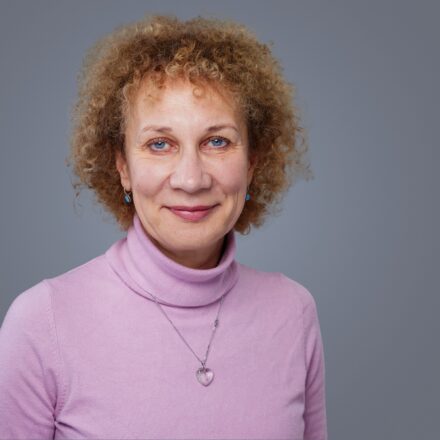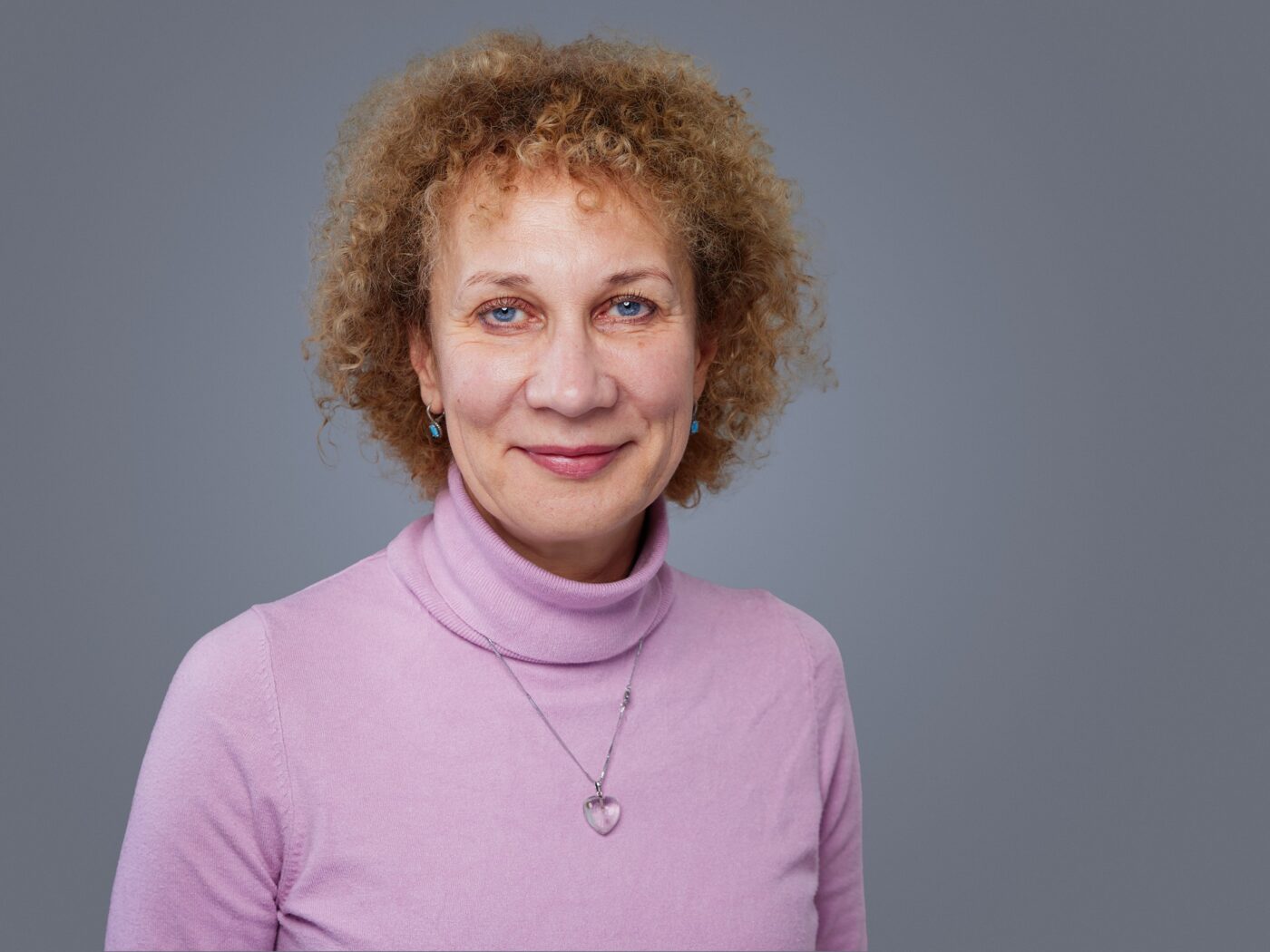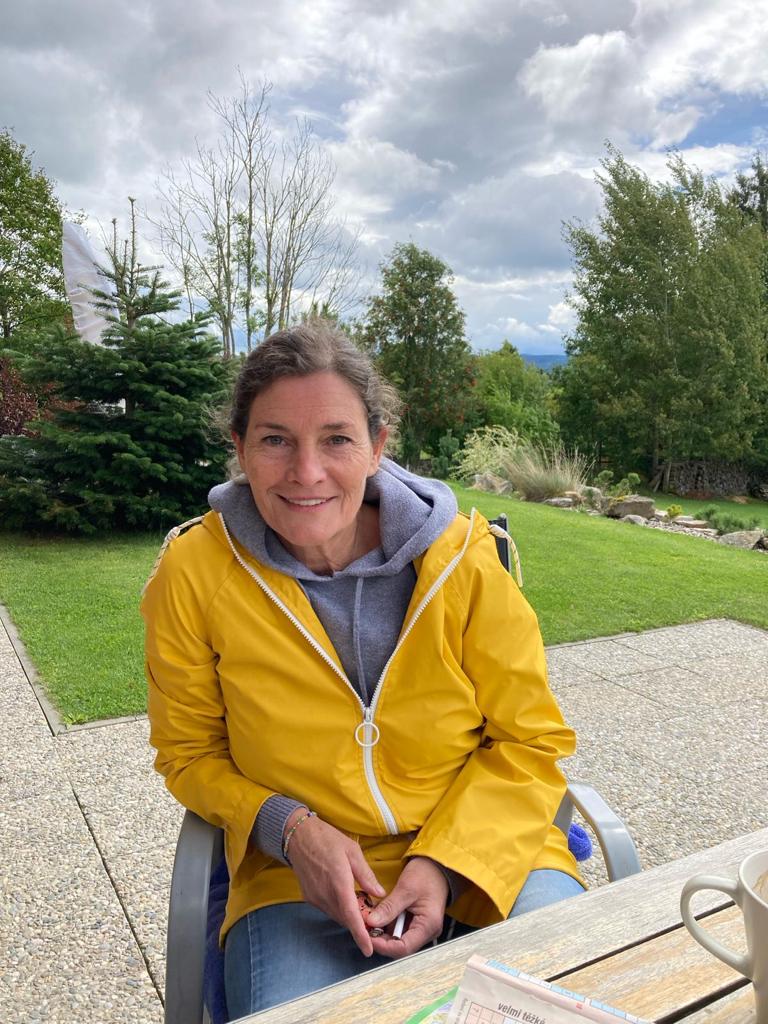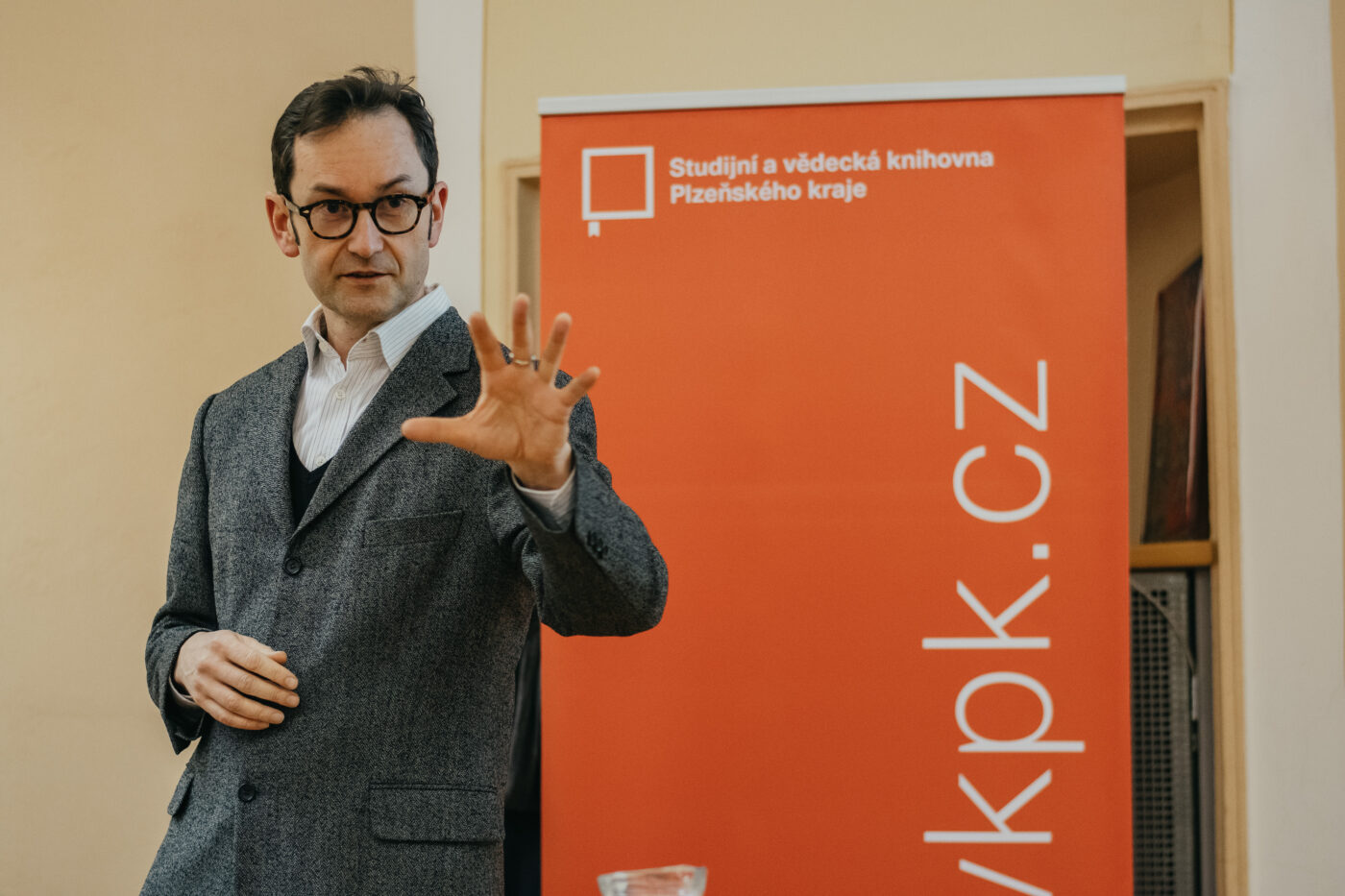Charles University attaches the utmost importance to prevention and a safe environment for everyone. It does not accept any form of sexual and gender-based harassment or violence and expects all individuals in the university community, its visitors, and contracting partners to treat each other with mutual respect, consideration, and dignity.
What is sexual harassment?
Sexual harassment can be generally defined as inappropriate or unwelcome behaviour with sexual overtones. The essence of sexual harassment (similar to other forms of harassment) is an attempt to acquire, increase, or maintain dominance over another person. Hence, we can divide sexual harassment into two categories:
1. Unwelcome sexual attention,
2. Sexual blackmail and coercion.
First of all, you should know that such behaviour is unacceptable, and you must establish some boundaries in relation to it. Tolerating or taking the blame for such behaviour, dropping a class or ending your studies, or quitting your job does not help matters.
Where can I turn for help?
More information, contact e-mail and additional options of support for students and employees including links to other sources can be found on Charles University’s website.
This information is, from this point on, permanently displayed also in the section “Center for students – counselling”.






